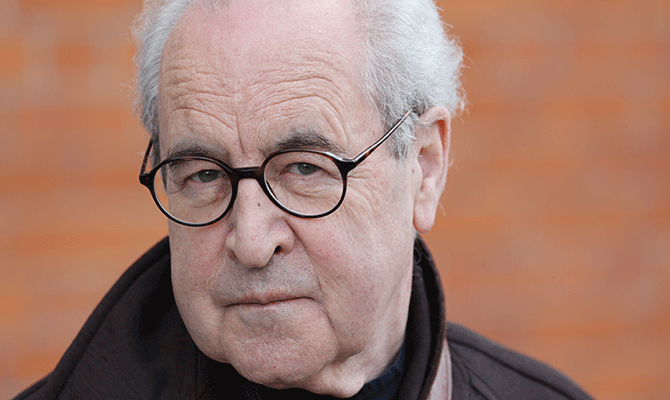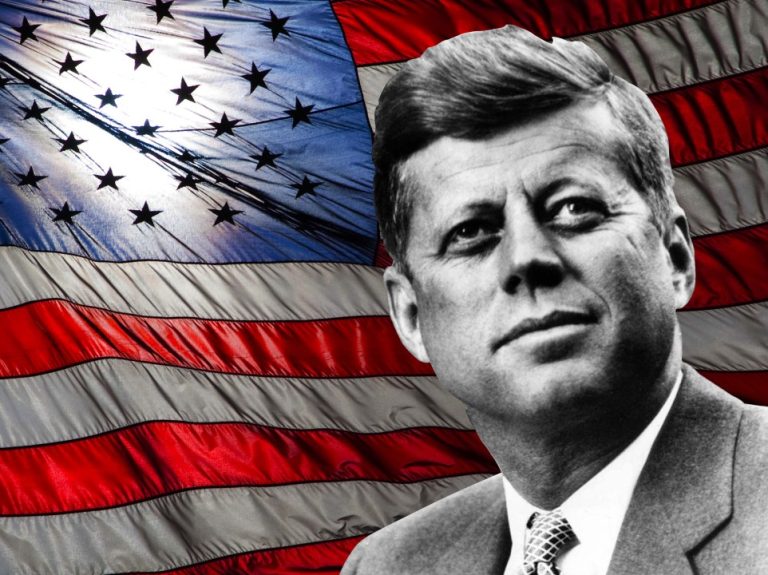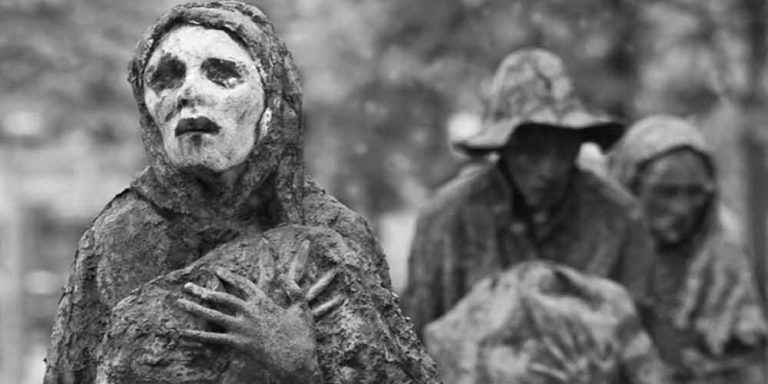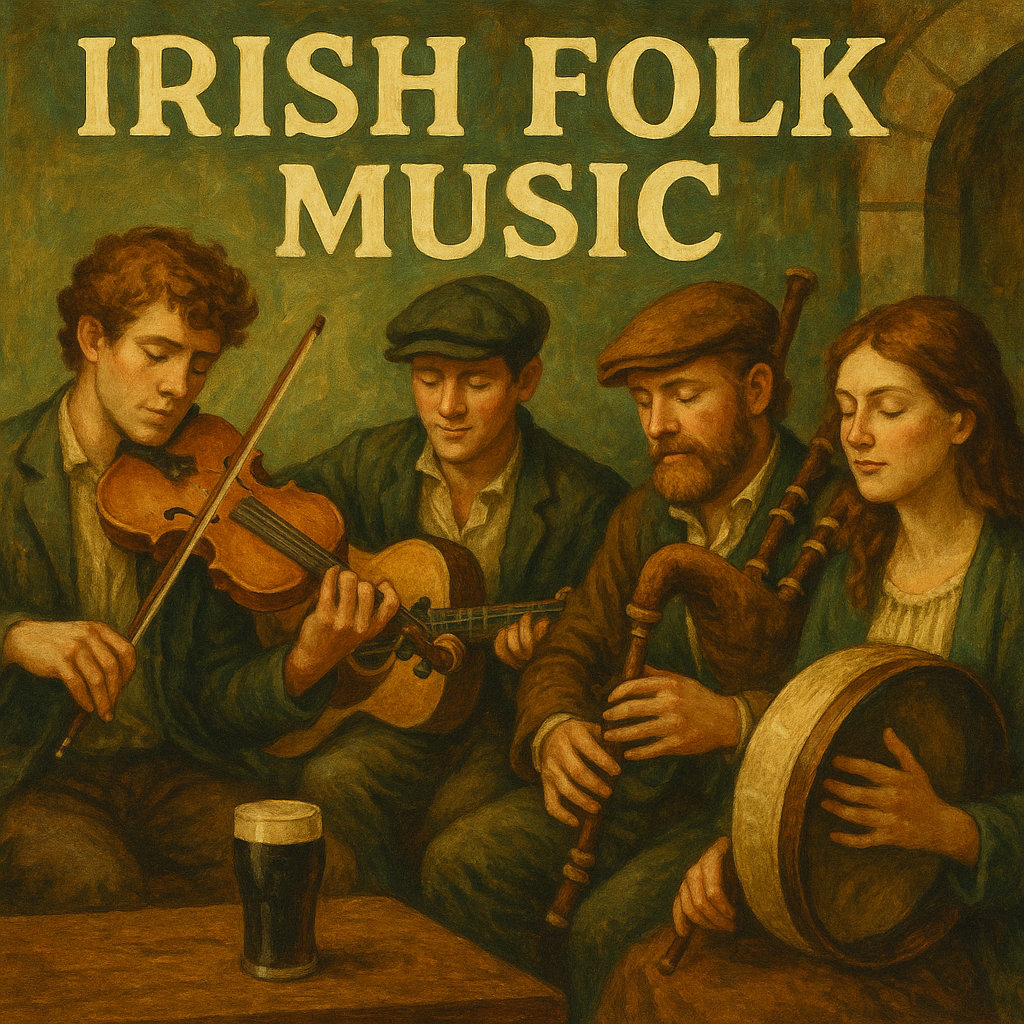
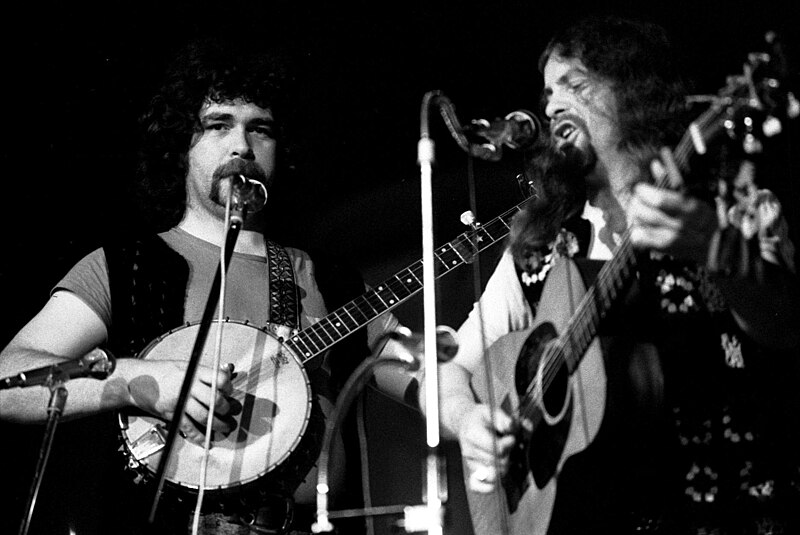
Ireland, the land of rolling green hills and ancient legends, boasts a vibrant musical heritage that has captivated hearts worldwide.
The soul of this heritage lies in its traditional Irish musicians, the torchbearers of centuries-old melodies and rhythms. These talented individuals, both past and present, have shaped the landscape of Irish trad music, keeping its spirit alive and evolving for new generations to cherish.
Join us on a deep dive into the world of traditional Irish musicians, exploring iconic figures, contemporary innovators, and the enduring power of their music.
Ireland’s musical tapestry is rich and diverse, but when it comes to groups playing traditional Celtic music with widespread popularity, one name often rises to the top: The Chieftains. With a career spanning decades, The Chieftains have been instrumental in bringing the beauty and complexity of Irish trad music to a global audience, collaborating with artists from various genres and showcasing the virtuosity of traditional Irish musicians.
The authentic sound of this musical heritage is most commonly known as traditional Irish music, or simply “trad music.” This term encompasses the vast repertoire of instrumental tunes and songs passed down through generations, embodying the unique character and spirit of Ireland.
Determining the “most successful Irish musician” can be based on various metrics, including record sales and global recognition. However, U2 stands out as arguably the most commercially successful Irish musical act on a global scale, though their sound leans towards rock rather than purely traditional forms. When considering purely traditional impact and influence, groups like The Chieftains hold a significant position.
The 1990s saw a flourishing of Irish musicians across various genres. In the realm of traditional and folk-influenced music, artists like The Corrs, with their blend of pop and traditional elements, achieved international stardom. Purely traditional acts like Altan continued to champion the genre, and solo traditional Irish musicians such as Sharon Shannon gained significant recognition for their instrumental prowess.
Despite their strong Boston roots and prominent Irish-American identity, The Dropkick Murphys are not Irish. They are an American band known for their energetic blend of punk rock and Irish folk influences, celebrating Irish heritage through their music but originating outside of Ireland.
While often used interchangeably in casual conversation, there is a distinction between Irish and Celtic music. Celtic music is a broader term encompassing the traditional music of various Celtic nations, including Ireland, Scotland, Wales, Brittany, Cornwall, and the Isle of Man. Traditional Irish music is a specific and distinct branch within this larger Celtic family, possessing its own unique styles, rhythms, and instrumental traditions.
The biggest selling Irish band of all time is undoubtedly U2. Their global record sales and enduring popularity far surpass any other Irish musical act, although, as mentioned, their primary genre is rock.
Defining the “classic Irish folk song” is subjective, but many would point to timeless ballads like “Danny Boy,” “The Fields of Athenry,” or perhaps a lively pub singalong like “The Wild Rover”. These songs, often featuring simple yet powerful melodies, have become deeply ingrained in Irish culture and are frequently performed by traditional Irish musicians.
The traditional gathering of traditional Irish musicians for informal playing sessions is known as a “session.” These sessions, often held in pubs or community centers, are the lifeblood of the tradition, providing a space for musicians of all levels to share tunes, learn from each other, and keep the music alive.
Identifying the “new Irish trad group” is an ever-evolving process, as vibrant young talent continually emerges within the Irish trad music scene. Bands like Goitse, Ímar, and The Bonny Men are examples of contemporary groups pushing the boundaries of the genre while staying true to its roots, showcasing the skills of modern traditional Irish musicians.
The traditional gathering of traditional Irish musicians for informal playing sessions is, as mentioned, a “session.” These communal events are crucial for the transmission and evolution of Irish trad music.
A musical group internationally renowned for its performance of Irish traditional music is undoubtedly The Chieftains. Their decades-long career, collaborations with global artists, and virtuoso musicianship have made them ambassadors of the genre worldwide, showcasing the talent of famous traditional Irish musicians.
Identifying a single “old Irish singing group” is difficult as the tradition of unaccompanied singing is ancient. However, groups like The Clancy Brothers and Tommy Makem, who rose to prominence during the folk revival of the 1960s, played a significant role in popularizing traditional Irish songs and influencing generations of traditional Irish musicians.
The Dubliners are considered foundational figures in the Irish folk revival movement and are deeply rooted in the trad tradition. Their energetic performances and renditions of classic Irish folk songs helped to popularize the genre and inspire countless traditional Irish musicians.
The lineup of Celtic Woman has evolved over the years, featuring various talented female vocalists and instrumentalists. Identifying the absolute “newest Celtic woman” would require checking their most recent official announcements and lineup changes. The group showcases the vocal talents of Irish women often performing songs with traditional Celtic influences.
Ireland has produced a wealth of talented male singers across various genres. In the realm of traditional and folk music, iconic male traditional Irish musicians include Christy Moore, Andy Irvine, Paul Brady (who straddles folk and contemporary), and the late Luke Kelly of The Dubliners. Contemporary male traditional Irish musicians continue to enrich the scene.
The Masters of Melody: Famous Traditional Irish Musicians
Ireland’s musical landscape is adorned with the names of famous traditional Irish musicians who have dedicated their lives to preserving and evolving the tradition. These individuals, both instrumentalists and singers, have left an indelible mark on the genre:
Iconic Instrumentalists:
- Paddy Moloney (The Chieftains): The legendary uilleann piper and driving force behind The Chieftains, instrumental in bringing Irish trad music to a global stage.
- Michael Coleman: A highly influential fiddle player from County Sligo whose recordings in the early 20th century profoundly shaped the Sligo style of fiddling and influenced generations of traditional Irish musicians.
- James Morrison: Another iconic Sligo fiddle player of the early 20th century, known for his virtuosic technique and expressive playing.
- Denis Murphy and Julia Clifford: A brother and sister duo from County Kerry, renowned for their powerful and authentic Kerry-style fiddle playing.
- Willie Clancy: A master of the uilleann pipes and a key figure in the preservation and transmission of traditional Clare music.
- Máire Ní Ghráda: A highly respected fiddle player and teacher from County Clare, known for her deep understanding of the tradition.
- Sharon Shannon: A contemporary accordion virtuoso who has pushed the boundaries of Irish trad music with her innovative arrangements and collaborations.
Legendary Singers:
- Luke Kelly (The Dubliners): With his powerful and emotive voice, Kelly became an iconic figure in the Irish folk revival, interpreting traditional songs with passion and conviction.
- Christy Moore: A highly influential singer-songwriter with a deep understanding of the Irish folk tradition, known for his powerful interpretations and social commentary.
- Dolores Keane: A singer with a distinctive and hauntingly beautiful voice, renowned for her interpretations of traditional Irish songs.
- Mary Black: While her music blends folk and contemporary elements, Black’s early work was deeply rooted in the tradition, showcasing her exceptional vocal talent.
- Seán Ó Sé: A celebrated singer of traditional Irish songs in both English and Irish.
These are just a few of the many famous traditional Irish musicians who have shaped the genre and continue to inspire new generations.
The Modern Maestros: Modern Traditional Irish Musicians
The spirit of Irish trad music is alive and well, with a vibrant scene of modern traditional Irish musicians who are both honoring the tradition and pushing its boundaries. These talented individuals and modern Irish folk bands are captivating new audiences and ensuring the music’s continued evolution:
Contemporary Instrumentalists:
- Martin Hayes: A highly acclaimed fiddle player known for his lyrical and deeply expressive style.
- Dennis Cahill: The late guitarist who provided a distinctive and influential accompaniment style to Martin Hayes’s fiddle playing.
- Téada: An energetic and dynamic band known for their tight arrangements and passionate performances of traditional tunes.
- Lúnasa: An influential instrumental group renowned for their innovative arrangements and virtuosic playing.
- Goitse: A young and exciting band blending traditional melodies with contemporary rhythms and harmonies.
- Ímar: A high-energy group featuring award-winning musicians from Ireland, Scotland, and the Isle of Man, showcasing the interconnectedness of Celtic traditions.
- The Bonny Men: An ensemble known for their vibrant and infectious take on traditional Clare music.
- Zoe Conway: A highly talented fiddle player with a distinctive and expressive style.
- Mairéad Ní Mhaonaigh (Altan): A renowned fiddle player and singer, a leading figure in Donegal’s rich musical tradition.
Contemporary Singers and Bands:
- Lisa O’Neill: A singer-songwriter with a unique and captivating voice, drawing deeply from the folk tradition with a contemporary edge.
- Ye Vagabonds: A duo known for their close harmonies and thoughtful interpretations of traditional songs.
- The Gloaming: An innovative group blending traditional Irish music with contemporary classical and jazz influences.
- Fontaines D.C.: While primarily a rock band, their lyrics and often their musicality are deeply informed by Irish literary and folk traditions, showcasing a modern interpretation of Irish storytelling.
These modern traditional Irish musicians and modern Irish folk bands demonstrate the enduring vitality and adaptability of the genre.
The Female Force: Traditional Irish Musicians Female
Women have always played a vital role in shaping and preserving traditional Irish music, though their contributions may not have always been as widely recognized historically. Today, a wealth of incredibly talented traditional Irish musicians female are at the forefront of the genre:
- Máire Ní Ghráda: As mentioned earlier, a highly respected fiddle player and teacher.
- Mairéad Ní Mhaonaigh (Altan): A leading figure in Donegal fiddling and singing.
- Sharon Shannon: A groundbreaking accordion player who has achieved mainstream success while staying true to her traditional roots.
- Mary Black: Her powerful vocals have graced many traditional and folk-influenced recordings.
- Dolores Keane: Her distinctive voice remains iconic in the realm of Irish folk singing.
- Liz Carroll: An internationally acclaimed fiddle player known for her intricate compositions and masterful playing.
- Aoife O’Donovan: While her work spans various genres, her foundation is deeply rooted in Irish and American folk traditions.
- Sarah Jarosz: An American multi-instrumentalist with strong ties to Irish traditional music.
- The members of Celtic Woman: While a more commercially oriented group, they showcase the vocal talents of Irish women performing songs with Celtic influences.
These traditional Irish musicians female, both past and present, have made invaluable contributions to the richness and diversity of the genre.
The Male Voices: Traditional Irish Musicians Male
Ireland has a long and celebrated history of traditional Irish musicians male who have shaped the sound and storytelling of the genre:
- Paddy Moloney: The iconic uilleann piper and leader of The Chieftains.
- Luke Kelly: The unforgettable voice of The Dubliners.
- Christy Moore: A hugely influential singer-songwriter rooted in the folk tradition.
- Andy Irvine: A renowned singer, songwriter, and multi-instrumentalist.
- Paul Brady: A masterful interpreter of traditional songs and a talented songwriter.
- Liam Clancy (The Clancy Brothers): A key figure in the Irish folk revival.
- Tommy Makem (The Clancy Brothers and solo): A charismatic performer and influential figure.
- Martin Hayes: The deeply expressive and lyrical fiddle player.
- Dennis Cahill: His innovative guitar accompaniment was highly influential.
Contemporary traditional Irish musicians male continue to carry the torch, including the members of bands like Téada, Lúnasa, Goitse, Ímar, and Ye Vagabonds, each bringing their unique talents and interpretations to the tradition.
Staying Current: Current Irish Music Artists
While our focus is primarily on traditional music, it’s worth noting the broader landscape of current Irish music artists. Ireland continues to produce a wealth of talent across various genres, many of whom are influenced by or incorporate elements of their traditional musical heritage. Artists like Hozier, Dermot Kennedy, and Imelda May, while not strictly traditional, often acknowledge the deep roots of Irish folk music in their work.
Finding the Music: Irish Music Session Near Me
One of the most authentic ways to experience traditional Irish music is by attending an “Irish Music Session near me.” These informal gatherings of musicians, often held in pubs, provide a vibrant and spontaneous atmosphere where the music comes alive. To find a session in your area, try searching online for “Irish music session [your location]” or checking with local Irish pubs and cultural centers. Platforms like Comhaltas Ceoltóirí Éireann (the largest organization dedicated to the promotion of Irish traditional arts) may also have listings of local sessions.
The Enduring Legacy: The Heartbeat of Ireland
Traditional Irish musicians, both the legendary figures of the past and the vibrant talents of today, are the custodians of a musical heritage that continues to captivate and inspire. Their dedication to preserving and evolving the rich tapestry of Irish trad music ensures that its soulful melodies and captivating rhythms will continue to resonate for generations to come. Whether you’re listening to a recording, attending a lively session, or learning to play an instrument yourself, the world of traditional Irish music offers a profound and enduring connection to the heart and soul of Ireland.
